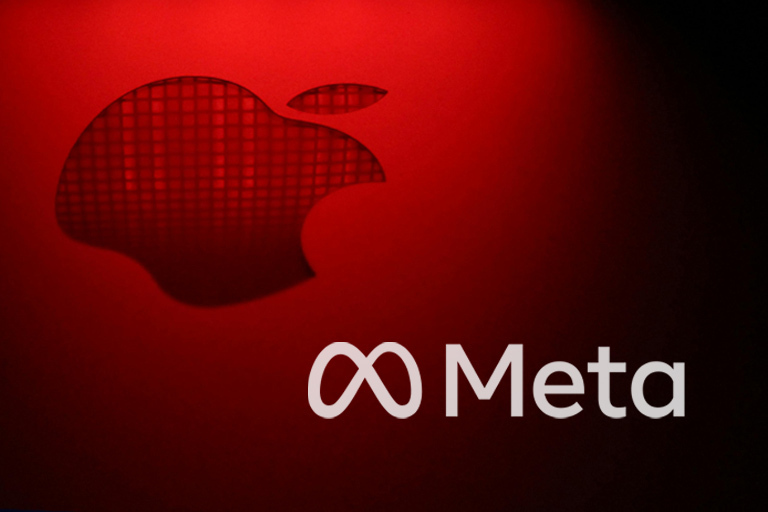Apple is reportedly in talks with Meta about a potential partnership involving AI, according to sources cited by The Wall Street Journal (WSJ) on Sunday, June 23.
The discussions between the iPhone maker and the social media giant center around incorporating Meta’s AI model into Apple’s newly launched Apple Intelligence. This move could significantly benefit companies like Meta that are developing generative AI products by leveraging Apple’s extensive distribution network.
Apple has also expressed plans to collaborate with partners such as OpenAI for more sophisticated AI functionalities.
Craig Federighi, Apple’s software leader, emphasized the company’s commitment to integrating top-tier AI solutions, stating that ChatGPT currently represents the best option for their users. Additionally, Apple is considering integrating Google’s AI model, Gemini.
WSJ sources revealed that Apple has been in talks with AI startups Anthropic and Perplexity about incorporating their generative AI technologies into Apple Intelligence. However, these companies have yet to respond to requests for comment from PYMNTS.
The WSJ report also included insights from Gene Munster, an Apple analyst and managing partner at Deepwater Asset Management. Munster highlighted that the partnership with Apple could potentially double ChatGPT usage while also increasing OpenAI’s infrastructure costs by 30% to 40%. He further predicted that 10% to 20% of Apple users might opt for a premium AI subscription to services like ChatGPT, which could translate into substantial revenue for AI companies collaborating with Apple Intelligence.
Apple’s collaboration with OpenAI aims to enhance its digital assistant Siri and its writing tools with advanced AI capabilities. While Apple could have developed its own AI technology, it chose to integrate leading AI solutions from other industry players like OpenAI to meet customer preferences.
This strategic partnership approach echoes the growing trend in the banking, FinTech, and B2B sectors, where companies increasingly weigh the decision to build, buy, or partner for new technologies.
As highlighted in a PYMNTS report earlier, the fast-paced evolution of technology and the complexity of consumer expectations have made third-party partnerships more critical than ever for business development.















